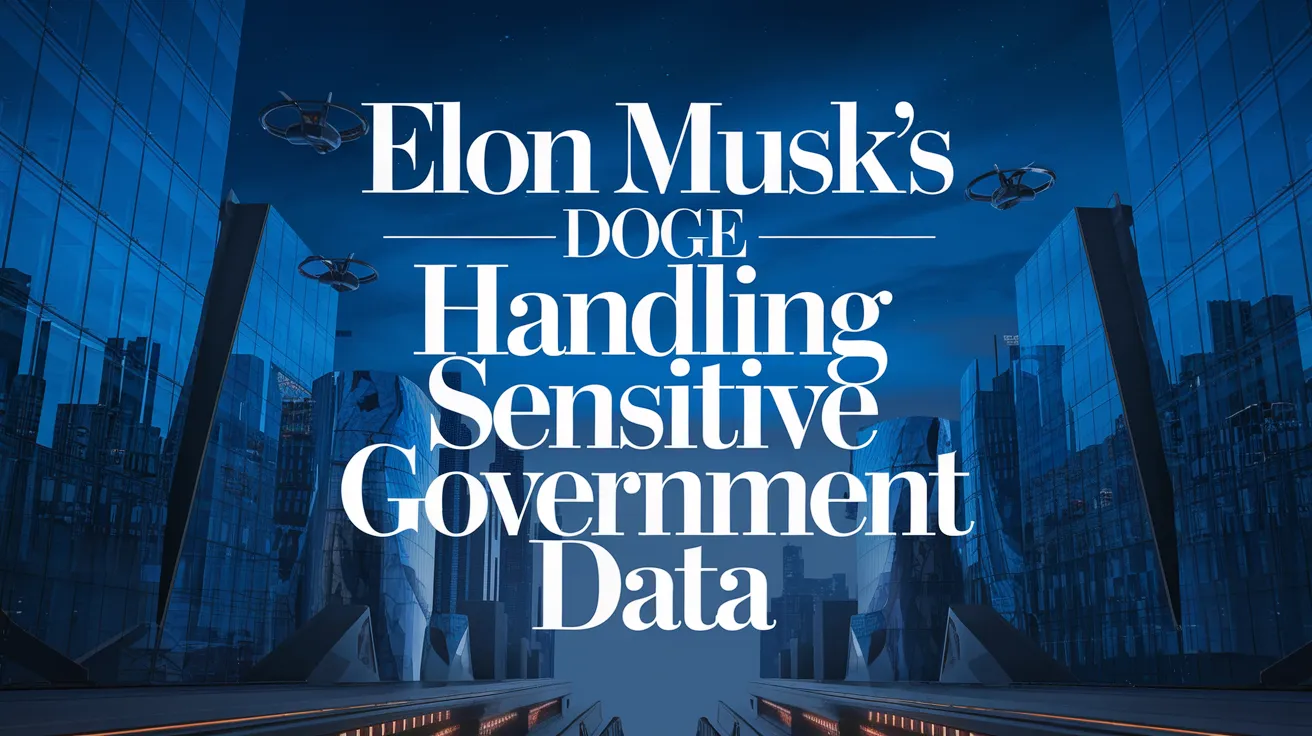Elon Musk’s DOGE Handling Sensitive Government Data

The recent revelations regarding Elon Musk’s team at DOGE handling highly sensitive data from the Department of Education have sparked significant concern. As reported by the Washington Post, DOGE is allegedly utilizing artificial intelligence tools to process personal and sensitive information related to federal student aid—a move that many consider alarming.
According to reports, DOGE is employing Microsoft’s Azure cloud computing service to analyze data that includes personally identifiable information and sensitive financial records of grant managers within the Department of Education. The sources of these reports remain anonymous due to the potential risks they face within the current political climate.
While the ambition behind this data processing may be to acquire comprehensive insights into government operations, the reliance on AI raises critical questions about the reliability and security of such information handling. AI, known for its tendency to produce inaccuracies, can give a false sense of confidence in its outputs, making the proposed applications in governmental contexts particularly troubling.
From a security perspective, the implications of using AI tools to manage sensitive information are concerning. Many federal agencies have established guidelines prohibiting AI usage for processing sensitive data, mainly due to the vulnerability it could expose. There is a real risk of unauthorized access, whether from foreign adversaries or malicious hackers, that could jeopardize the security of this information.
The report indicates that DOGE is engaged in a broader strategy to analyze every dollar spent by the Department of Education, framing it as a way to reduce wasteful spending. This effort, however, coincides with President Trump’s agenda to dismantle the agency entirely—raising suspicions about the motivations behind such data analysis.
Moreover, the administration’s controversial practices, such as the alleged forced release of information regarding CIA staffing to comply with executive pressures, only exacerbate the sense of insecurity. Reports suggest a chaotic environment where federal operations are of increasing risk under the management of Musk’s team, which is viewed as operating with little to no oversight.
Colossal data managed improperly could result in breaches of privacy for millions of individuals receiving federal assistance. Reports have stated that the internal turmoil within the Department of Education has led to a large number of staff being suspended or reassigned in response to these initiatives, many of whom are believed to be involved in diversity and inclusion efforts—an area that has faced scrutiny from the current administration.
As uncertainties loom, various challenges are reportedly being presented to halt DOGE’s aggressive tactics. Lawsuits aimed at impeding operations reflect a landscape where political and technological turmoil intersect, yet early reports indicate that internal efforts might not be sufficient to stall Musk’s directive.
While some administrative restrictions have been agreed upon, they appear to be mere formalities that do not address the foundational issues regarding access and the potential consequences of uncontrolled data processing by DOGE’s team, reinforcing fears regarding their operational laxity.
None of the involved parties—including the Department of Education and DOGE—have provided comments to address these alarming claims. However, spokespersons for the Department of Education have framed these initiatives as attempts to modernize and improve efficiency within government operations, dismissing assertions of any wrongdoing.